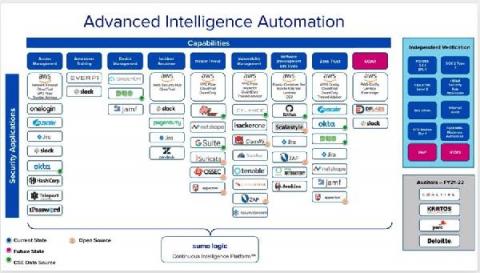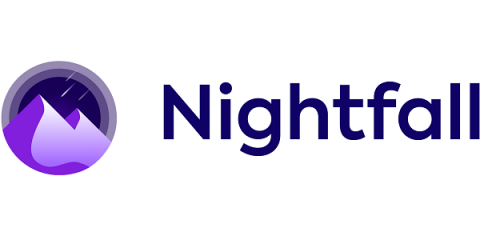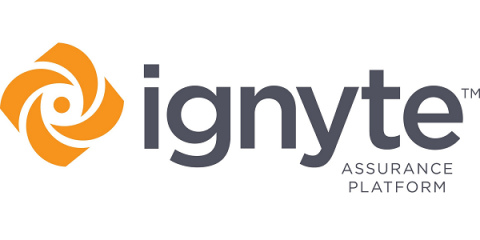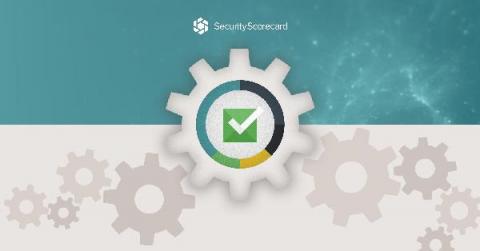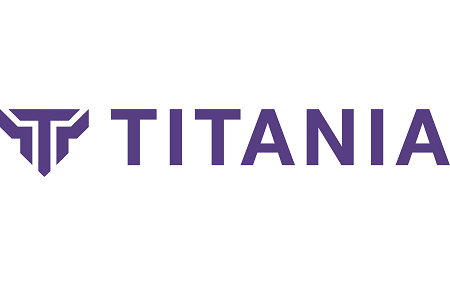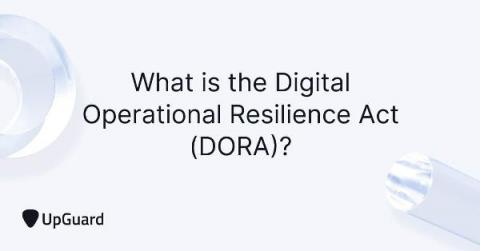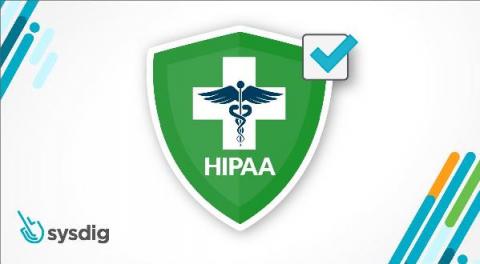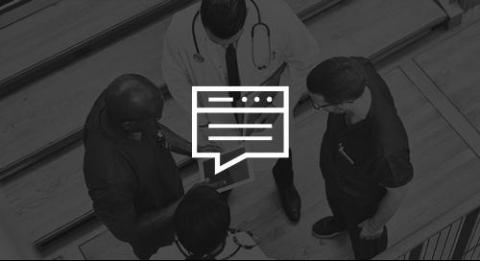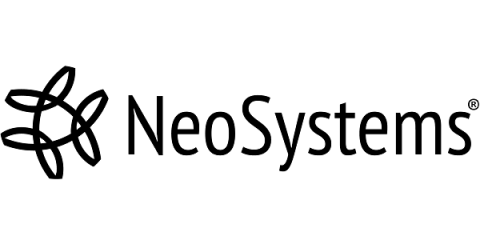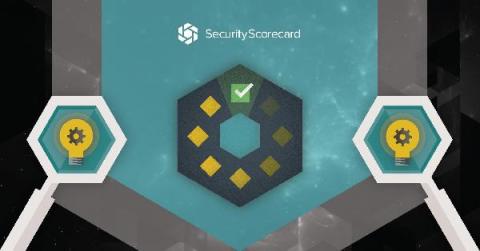Security | Threat Detection | Cyberattacks | DevSecOps | Compliance
September 2021
Slack Security: FERPA and HIPAA Compliance
During the pandemic, healthcare and education providers scrambled to adapt to providing services remotely, using tools like Slack, Google Drive, and Zoom to continue connecting with patients and students. McKinsey tracked a spike in the use of telehealth solutions in April 2020 that was 78 times higher than in February 2020. And, by some estimates, more than 1.2 billion children worldwide were impacted by school closures due to the pandemic — some of whom were able to learn remotely.
The Importance of Cybersecurity Standards and Certifications for SMBs
In today’s world with cyber attacks hitting the headlines daily, cybersecurity is at the forefront of many business owners’ minds, but implementing the right solutions and knowing what to do to reduce your risk is a big challenge for decision makers in these organizations. The task is even harder for small- to medium-sized businesses (SMB) that tend to lack extensive budgets and resources needed for implementing the most effective and high-brow cybersecurity solutions on the market.
How to Assure Your Compliance Strategy Evolves Over Time
Compliance is a constant issue that affects businesses in multiple ways every day. Not only must your compliance program address individual acts of misconduct; the program must assure that your organization follows laws, rules, and regulations overtime — every day, day after day, in perpetuity.
CMMC-AB C3PAO: How to choose the right one?
Currently, only four companies are officially approved by the Cybersecurity Maturity Model Certification Accreditation Body (CMMC-AB) as authorized C3PAOs, and just under 200 organizations are currently listed as C3PAO Candidates pending a CMMC Maturity Level 3 Assessment.
How to Map HIPAA to ISO 27001
The Health Insurance Portability and Accountability Act (HIPAA) of 1996 is a U.S. federal law meant to protect sensitive electronic protected health information (ePHI). Every healthcare organization (“covered entity”) must comply with its two fundamental rules. In 2013, the U.S. Department of Health and Human Services (HHS) passed the HIPAA Omnibus Final Rule, which expanded compliance requirements to the business associates that also handle ePHI on behalf of covered entities.
Cybersecurity Maturity Model Certification (CMMC) - A Model for Everyone
Data breaches have reached a fever pitch over the last few years. The rapid frequency of successful attacks coupled with the rising costs to businesses has raised attention at the highest levels of global governments. In the past, breaches were relatively “localized,” that is, they affected the targeted company only. However, the newer attacks have disrupted entire supply chains.
What is Regulatory Compliance?
Regulations have long existed to govern how organizations collect and use information online, as well as what cybersecurity precautions organizations should take while conducting business online. As digital transformation of business processes has accelerated in the last few years, however, that means ever more organizations — large and small — must comply with all those regulations.
What is HIPAA Compliance?
The Health Insurance Portability and Accountability Act (HIPAA) was enacted by Congress in 1996 to prevent medical fraud and to assure the security of protected health information (PHI), such as names, Social Security numbers, medical records, financial information, electronic health transactions and code sets. The law is managed by the U.S. Department of Health & Human Services (HHS).
What is Security Compliance Management?
Security compliance management is the process of monitoring and assessing systems, devices, and networks to ensure they comply with regulatory requirements, as well as industry and local cybersecurity standards. Staying on top of compliance isn’t always easy, especially for highly regulated industries and sectors. Regulations and standards change often, as do threats and vulnerabilities. Organizations often have to respond quickly to remain in compliance.
Titania Launches New Nipper Module to Protect Defense Industry and Suppliers from Cybersecurity Breaches
CMMC Level 3 readiness
Defense contractors across the U.S. are moving to update their cybersecurity programs to meet or exceed Cybersecurity Maturity Model Certification (CMMC) requirements launched in 2020 by the Department of Defense (DoD) to provide greater protection of Controlled Unclassified Information (CUI). The effort required for CMMC Level 3 Certification will be significant for many of the small to midsized firms who have limited information technology and cybersecurity personnel and resources.
What is the Digital Operational Resilience Act (DORA)?
The Digital Operations Resilience Act (DORA) is the European Union’s attempt to streamline the third-party risk management process across financial institutions. A draft of DORA was published by the European Commission on 24 September 2020. Without this act, there isn't an objective Information and Communication Technology (ICT) risk management standard in Europe.
Confidently deliver HIPAA compliance software with Sysdig Secure
HIPAA compliance law, the Health Insurance Portability and Accountability Act in long form, is one of the compliance standards the public and private healthcare companies need to address for building and maintaining public trust in telemedicine. During the COVID-19 pandemic, telemedicine has been the solution to withstand the excess influx to hospitals and health centers, avoiding unnecessary exposure of patients.
Discover How the Arctic Wolf Platform Facilitates HIPAA Compliance
For healthcare organizations, cybersecurity isn’t just about staying safe and protected from evolving cyber threats—it’s also about staying compliant. The most well-known healthcare regulation of them all is the Health Insurance Portability and Accountability Act (HIPAA), which recently celebrated 25 years on the books.
High Street Capital Acquires Controlling Share in NeoSystems
TYSONS CORNER, Va., September 8, 2021 – NeoSystems, a full service strategic outsourcer, IT systems integrator and managed services provider to the government contractor market, announced today that it is being acquired by High Street Capital, a Chicago-based private equity firm. Financial terms of the deal were not disclosed. The company will continue to be led by NeoSystems CEO and Co-Founder, Michael Tinsley, and Co-Founder and CTO, Rob Wilson, along with its current management team.
What You Need to Know About NERC CIP Compliance
Utility companies are increasingly being targeted by cybercriminals. Although the highest profile utility cyber attack in recent memory was the May 7 ransomware attack on Colonial Pipeline that caused gas shortages on the East Coast, power companies of all kinds are popular with criminals for a reason: they can’t afford a shutdown and they have the money to pay a ransom.


